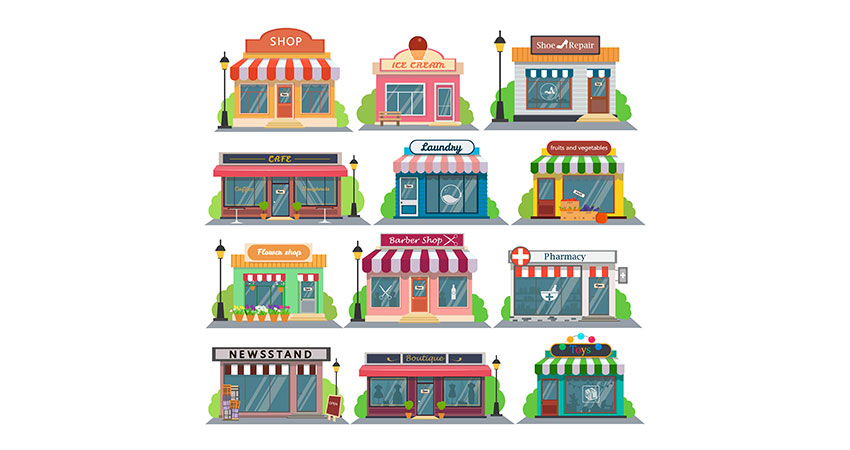Fanbank, a Santa Monica, CA-based startup, aims to give thousands of small business owners a greater opportunity to reach online buyers by creating digital credits that can be redeemed in stores through quickly created Facebook ad campaigns, a new twist on BOPIS.
In its beta phase, Fanbank publishes offers to Facebook’s ad platform and in emails, with plans to add other channels including Twitter, Alexa and Waze in Q2 and Q3 of this year. The offers show up in consumers’ Facebook news feeds; soon businesses will be able to publish them to their own Facebook pages as well.
Fanbank’s commerce platform integrates a business’ existing point of sale (POS) system, mobile devices and customers’ credit and debit accounts. Using Fanbank applications, small businesses can merchandise and price their offline goods and services for sale online by transforming them into digital credits that can be purchased anywhere.
Through Fanbank’s account-linked stored value system, small business across categories can offer customized, one-click mobile purchases of credits. Its transaction processing technology makes hundreds of data points available, allowing businesses to deliver personalized experiences.
Hundreds of campaigns are pre-built, such as for common holidays and other promotions, and can be customized and pushed live in a few minutes. Businesses can set parameters such as the offer value, start and end date and conditions (minimum transaction value, number of units available, one per customer, etc.).
Shoppers purchase Fanbank credits which are stored on their credit or debit card and redeemed at the store’s POS, without an app or download.
“Consumers are already comfortable making ecommerce purchases on their phone, and they know how to present a debit card at the POS,” said Mitch Jacobs, founder and CEO of Fanbank. “Our software is tying the two experiences together, enabling the existing infrastructure to do what it was designed to do.”
Fanbank taps Facebook’s geolocation capability to provide hyperlocal deals, while analyzing other consumer data to further personalize offers.
“What you might see as consumer is a digital credit in an ad saying, ‘Buy now for an opportunity for a $75 credit at a local pasta place, offered at $65,’ ” Jacobs said. “The data behind that is telling the business owner, this kind of offer is geared to a family in a specific neighborhood, and you won’t get much response if the offer is less.”
The digital credit varies based on the consumer, the channel and other factors such as the weather and seasonal events.
Jacobs said Fanbank is designed to recapture organic reach for local small businesses that dropped off precipitously when Facebook revised its algorithm that reviews and ranks pages in 2014, due to the growing glut of content.
“Facebook says, it’s ok, we’ve created an ad platform,” Jacobs said. “The problem for SMBs is, they don’t have the time or expertise to gain that skill and compete with the bigger players. Now they have one interface where they can create text, upload images and recommended actions based on estimated parameters, across different channels.”
Jacobs said Fanbank isn’t just a connection between a merchant’s POS and Facebook, but between their POS and multiple channels, creating campaigns that can be pushed out to all of them at once. The account-linked Fanbank credits provide an alternate transaction process.
“It’s a way to create very personalized purchase opportunities and present them to the consumer, linking them to the business,” he said. “Instead of requiring a new coupon or a new app or a new card, they can take advantage of their existing POS, mobiles phones and bank accounts everyone already has.”

